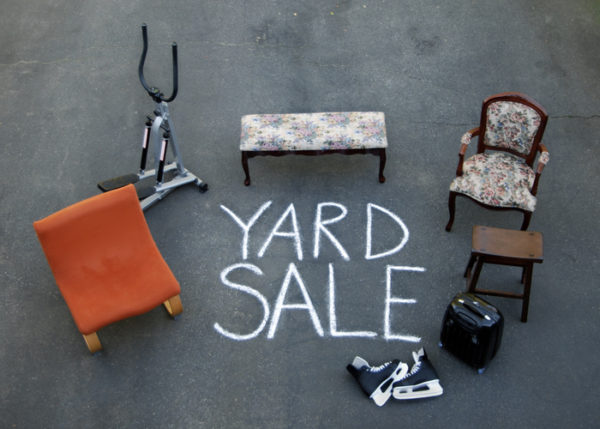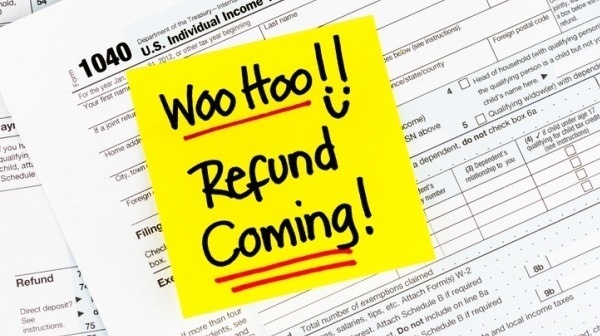Bulk shopping has big-time benefits. It saves money, reduces packaging waste, and means fewer trips to the store. But savvy bulk shoppers know there are a few important things to consider before blazing through the checkout with a mega-pack of paper towels.
Make the most of your next big bulk-shopping trip with these money-saving tips.
Make A List And Save
Protect your wallet from impulse purchases by making a detailed shopping list before you leave the house. Items like toilet paper and laundry detergent are almost always good bulk buys, but picking up too many “good deals” not on the list can blow your budget. Head to the store with your list and shopping budget in cash so you can stay focused and avoid spending money on items you don’t need.
Digital Saving Strategies
Sit back with your smartphone and surf deals from the comfort of your own home. Coupon websites can help you find weekly bargains and price-check items against other promos and coupons at over 60 different stores, including some bulk-buyer favorites. Shoppers can also be more efficient with card organizing apps like Key Ring. Put everything in one place by loading loyalty cards from your favorite bulk stores and club rewards programs onto your phone and never fumble through your wallet again.
Price Per Unit Or Bust
Before you buy, make sure you’re getting a deal by calculating the price per unit. A unit is the amount of something in square feet, ounces, gallons etc. While a cup of yogurt is not a unit, a single fluid ounce is. Using this method you can figure out exactly how many individual units a bulk purchase contains and what each one costs. For a real deal, aim for at least 50 percent less per unit than you would usually pay. Don’t be afraid to whip out your smartphone to help with calculations along the way.
Share The Savings
Smaller families or singles can benefit from bulk shopping by splitting purchases with other family members or friends. Sharing with others means you can still get a lower price per unit without maxing out your kitchen and pantry storage space. Even better, you can add bulk perishables to your savings without worrying they’ll spoil before being used.
Whether you’re loading up on dishwasher pods or getting a great price on a 12-pack of pasta, stay bulk shopping savvy when searching for big deals. Your wallet will thank you.
You work hard for your money, so it’s only natural that you want to make it work hard for you as well. Start building your nest egg today, and save even more with these 4 Easy Ways to Save Money for the Future.
By Katherine Palbom









Diane says,
Although I’m single, I shop bulk meats on sale. One of the best investments I ever made was purchasing a Foodsaver. I divvy up my meats into portions & freeze them in a small chest freezer I got on sale. (It was advertised wrong & I got it for $100 less than what the sale price was supposed to be!). Believe me, the sale price was changed while I was standing in front of it. Moral: It pays to shop sales &spay attention to prices.
Miriam says,
Info was useful – thanks ?!
Karen L. Coder says,
Making a list is a must when going shopping as well as bringing money saving coupons, and clicking on special savings that most super markets provide now days on-line. I personally map out my shopping trip, and i have no loyalty i go where the good values are for balk meat specials, and paper goods i have been doing this sense the 1970’s. I also with my employment try to teach my clients how to save on a limited budget to get from point A to Point Z within the month making there dollars’ stretch.
Squeedlejinks says,
Price per unit isn’t necessarily the best way to calculate a good deal. A cup of yogurt may not be a unit price, but if you eat one individual package of yogurt for a snack, the package that’s slightly cheaper per unit but an ounce larger isn’t necessarily the cheapest snack.
In addition, studies show that we use bigger portions when we pour from bigger packages or can see multiple packages sitting around. It’s important to recognize this and adjust, or that “good buy” can end up costing more per use.
Check out “Why We Buy: The Science of Shopping” by Paco Underhill for a fascinating and enlightening discussion on why we overuse and how we can adjust and really save money.
RABBIT says,
Your right but the way I see is that price go up and down. I just get what on sale each week where you always eating something so the food don’t go bad or out data too. Thanks for the good term.